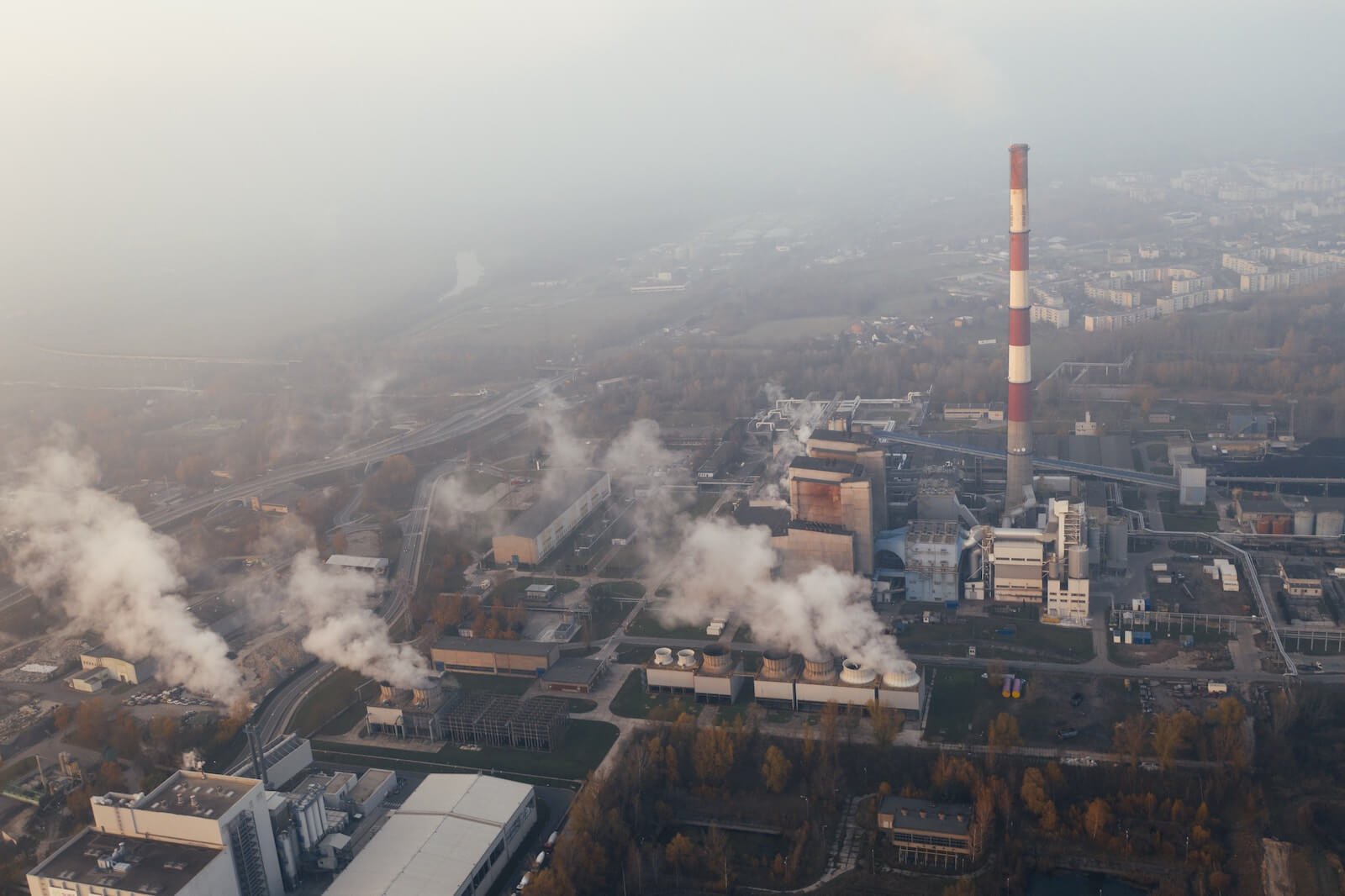EXETER, United Kingdom — Global carbon emissions from fossil fuels have soared to unprecedented levels, primarily driven by increases in India and China, recent research indicates. The annual Global Carbon Budget report estimates that fossil carbon dioxide (CO2) emissions will reach 36.8 billion tons in 2023, marking a 1.1-percent rise from the previous year.
While some regions, including Europe and the United States, are experiencing a decline in fossil CO2 emissions, the overall trend is an upward one. The report highlights significant regional differences in emission trends. For instance, in 2023, emissions are expected to rise by 8.2 percent in India and four percent in China, while they are projected to decrease in the EU (-7.4%), the USA (-3%), and the rest of the world (-0.4%).
Scientists express concern over the possibility of global warming consistently exceeding 1.5°C (2.7°F) within approximately seven years, given a 50-percent likelihood. They emphasize the inadequate pace of global efforts to reduce fossil fuel usage, which is critical to averting dangerous climate change. The report also notes a slight decrease in emissions from land-use changes, such as deforestation, but stresses that these reductions are not sufficient to counterbalance the current rates of reforestation and afforestation.

The total global CO2 emissions, combining fossil fuels and land-use changes, are projected to reach 40.9 billion tons in 2023. This figure mirrors the levels of 2022 and is indicative of a 10-year “plateau.” This stagnation is in stark contrast to the drastic emission reductions required to meet global climate targets.
The research team, comprising scientists from the University of Exeter, the University of East Anglia (UEA), and over 90 other institutions worldwide, highlights the urgent need for action.
“The impacts of climate change are evident all around us, but action to reduce carbon emissions from fossil fuels remains painfully slow,” says Professor Pierre Friedlingstein of Exeter’s Global Systems Institute, in a media release.
The study also assesses the remaining carbon budget before the 1.5°C target is consistently breached over multiple years. At the current emission rate, there’s a 50-percent chance that global warming will consistently exceed 1.5°C in about seven years, though this estimate is subject to significant uncertainties, especially concerning the warming effects of non-CO2 agents.
“The latest CO2 data shows that current efforts are not profound or widespread enough to put global emissions on a downward trajectory towards Net Zero, but some trends in emissions are beginning to budge, showing climate policies can be effective,” says Professor Corinne Le Quéré, Royal Society Research Professor at UEA’s School of Environmental Sciences. “All countries need to decarbonize their economies faster than they are at present to avoid the worse impacts of climate change.”
The report also points out that global emissions from coal, oil, and gas are all expected to rise. Approximately half of all CO2 emissions are absorbed by land and ocean “sinks,” with the remainder contributing to atmospheric climate change. Moreover, global CO2 emissions from fires have been above average this year, exacerbated by an extreme wildfire season in Canada, where emissions were six to eight times higher than average.
The study is published in the journal Earth System Science Data.
You might also be interested in:
- Plummeting polar bear numbers directly linked to greenhouse gas emissions for first time
- Greenhouse gas emissions hit ‘all-time high,’ Earth approaching point of no return
- Earth’s vital signs entering ‘uncharted territory,’ climate scientists warn
South West News Service writer Stephen Beech contributed to this report.


It’s not global warming but the ICE AGE is moving back from the poles and it’s not caused by humans or fossil fuels but by the earth constantly TILTING on its AXIS and the TILTING is pulling on the SUNs gravational field causing the Sun to OVERHEAT and making the earth hotter than normal. Heat cannot exist without the cold. Heat goes to the areas with the most carbon forcing cold air to the areas with less carbon. The Earth stores carbon using rain into the soil. The Earth is FULL of carbon and used to carbon and carbon is NOT DETRIMENTAL or damaging to the earth. The melting glaciers released more carbon than what was currently on the entire earth and it wasn’t stored back into the new glaciers. The area between the core and mantle is almost FULLY saturated with water and the GREAT worldwide coastal flooding SEVERAL HUNDRED miles inland will happen soon and the middle latitude areas will be getting BLIZZARDS every winter from now on. Storing carbon is only going to make it worse and we really need to use the fossil fuels UNLIMITED to increase the carbon in the middle latitude areas but even our ancestors with more technology didn’t recognize it in time and nothing is sustainable because the employees are going to have to migrate to the livable sections if they survive the flood and freezing temperatures. The ICE AGE is BACK with a vengeance. And no one can stop it. When greedy technology surpasses humanity well the Earth is designed to constantly start everything back over again. What was will be. The human settlements in the dried up rivers and ancient rivers coming back to life should tell you that this has all happened before. The Earth cannot completely overheat. Our waterworld has ways to overcome that problem.
Maybe… but in a closed garage CO2 kills. Flooding the thin atmosphere of Earth with fossil fuel can’t be good, accelerates sun and other natural cycles. So Patricia, take a pill, be grateful for solar power. We enjoyed electricity our whole lives FREE from the sun, not paid to ‘utilities’.
8 billion humans, stimulated to consume extra, exceed the holding capacity of environments, its natural regeneration. What was perfectly practical at less people, no longer is now. We should reinvest more in environments, recycle, restore. Extend the Paris Climate Agreement to consumer behaviour, charge USER PAY for footprint instead of worrying about doomsday ice age.
Time to educate consumers in developing nations too. The hip pocket nerve, not hysterical news.